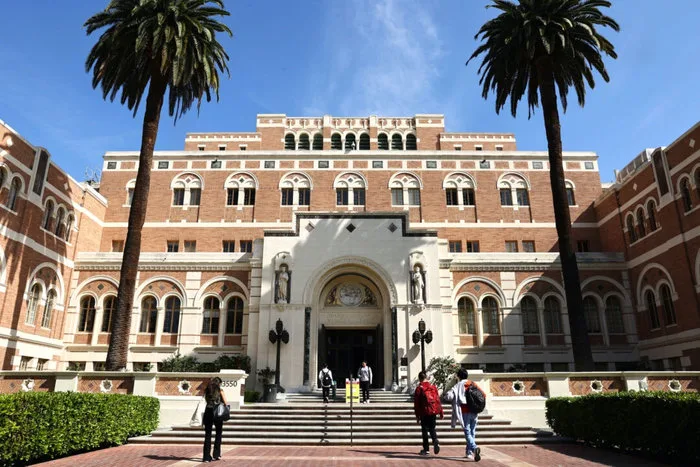By Melanie Sun
Relief has come for hundreds of thousands of people with federal student loans who are eligible but have not been able to apply for loan forgiveness. This is due to the Trump administration’s challenge to the Biden administration’s wider loan forgiveness program.
The relief comes after a court settlement was reached for those on certain Income-Driven Repayment (IDR) plans.
The American Federation of Teachers (AFT) union sued the Department of Education in March for blocking access to the plan and the benefits, arguing that these were required to be offered to students by law.
In the Oct. 17 agreement, the Department of Education agreed to restore access and continue to process applications, as well as recognize the terms of repayment for the plans in question—including the Income‑Based Repayment (IBR), Income‑Contingent Repayment (ICR), Pay As You Earn (PAYE), and Public Service Loan Forgiveness (PSLF) plans—as long as they exist.
Loans can be canceled for IBR borrowers who have satisfied their plan’s requirements for debt cancellation, including payments for 20 to 25 years, and PSLF borrowers who have satisfied their public service requirements for debt cancellation after 10 years.
The department also agrees to extend the IDR plans to those not facing “partial financial hardship.” The Biden administration, as part of President Joe Biden’s SAVE (Saving on a Valuable Education) plan in 2023, removed the requirement that loan applicants should be experiencing “partial financial hardship.”
“Defendants affirm (and will state on studentaid.gov) that borrowers who applied for the IBR plan on or after July 4, 2025, and were denied on the basis that they lacked a partial financial hardship are invited to reapply,” the agreement stated.
The department also agreed that the date of a borrower’s loan discharge would now be the same as the date they become eligible to have their loans canceled. This would address plaintiffs’ concerns that they would face a tax bomb in 2026 if the department did not cancel their loan by Jan. 1, 2026—the date the American Rescue Plan’s federal tax exemption expires on loan balances.
The department has reported significant processing delays in approving debt cancellation applications. It said it would issue monthly updates to the court on the status of its loan application processing.
“Today’s filing recognizes that borrowers who are eligible to have debts canceled in 2025 should not be forced to pay a tax penalty as a result of government processing delays,” the AFT said in a statement on the settlement.
The Epoch Times has contacted the Department of Education for comment.
The One Big Beautiful Bill Act outlined the phasing out of Biden-era repayment plans, such as ICR and PAYE, by July 2028. They will be replaced by a Repayment Assistance Plan (RAP) that calculates repayments according to adjusted gross income over a 30-year repayment period, which the Trump administration said is more fiscally sustainable.
In February, the U.S. Court of Appeals for the Eighth Circuit declared President Joe Biden’s second mass loan cancellation plan, the SAVE plan—passed without congressional approval—as unconstitutional.
The 2025 ruling voided nearly $190 billion in debt relief that had already been approved for more than 5 million students. This came after the Supreme Court in 2023 struck down the Biden administration’s earlier $430 billion forgiveness plan in Biden v. Nebraska.
The Trump administration said at the time that the court order against the SAVE plan had implications for other IDR plans. The settlement will now see the Trump administration recognize the existing conditions of the IDR plans.
In all, the United States has 43 million federal student loan borrowers who owe $1.62 trillion in debt.





